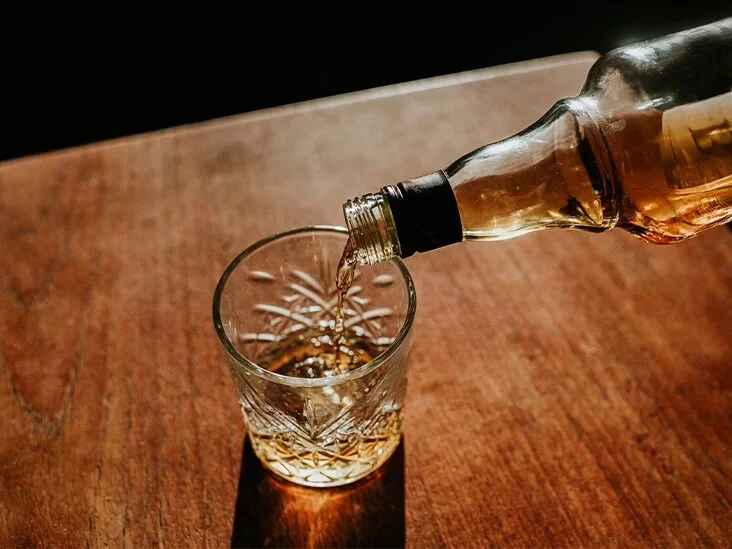On March 17, 2022, the Drunkards Association of Ghana, led by President Moses Onya, also known as Dry Bone, announced a boycott of all alcoholic beverages produced by GIHOC Distilleries Company Limited, per. The targeted products include Castle Bridge, Mandingo, Takai, Apet Dry Gin, Castidingo, Herb Afrik, Kaiser Imperial Schnapp, and Meridian Water, among others, per. The boycott, effective immediately, was a response to comments by GIHOC’s Managing Director, Maxwell Kofi Jumah, who suggested that Ghanaians unable to afford the company’s price increases should “resort to drinking water,” per.
Reason for the Protest
Jumah’s remarks, made during a media interview on March 17, 2022, with Kumasi-based Nhyira FM, justified GIHOC’s price hikes due to rising production costs, per. He further stated that “excessive intake of alcoholic beverages is often a pastime for people who are lazy to work,” per. Onya condemned these comments as “unfortunate, discriminately and an insult,” arguing that they demeaned the association’s 6.6 million members, including prominent personalities, per. In an interview with Otec News, Onya demanded an apology, stating, “With immediate effect, the 6.6 million members… will not patronize the products of GIHOC until he apologizes,” per.
Association’s Stance and Membership
The Drunkards Association, despite its name, positions itself as a social group advocating responsible drinking, with a claimed membership of 6.6 million, per. Onya urged members to comply with the boycott to protect their “hard won reputation,” per. The association has previously used satire to highlight economic issues, such as a 2021 protest against high alcohol prices, per. The boycott aims to pressure GIHOC into addressing Jumah’s remarks, which the association views as disrespectful to its members and consumers, per.
Economic Context and GIHOC’s Challenges
GIHOC Distilleries, Ghana’s oldest spirits manufacturer since 1958, faced financial losses of GH¢25.1 million in 2022 and GH¢25.5 million in 2023, per. Jumah’s comments reflect the company’s strategy to increase prices to offset these losses, driven by rising production costs amid Ghana’s economic challenges, including a 14% cedi depreciation in early 2022, per. However, the remarks sparked backlash, escalating tensions with consumers already grappling with rising costs of goods, per.
Implications and Public Reaction
The boycott, affecting popular GIHOC brands, could impact the company’s market share in Ghana’s $2 billion alcohol industry, per 2021 industry estimates. The association’s large claimed membership amplifies the protest’s potential reach, though its actual impact remains uncertain, per. The controversy highlights broader economic frustrations, with stakeholders like the Chamber of Petroleum Consumers also calling for government intervention to address rising costs, per. The FDA’s ongoing efforts to ensure food safety, such as tackling Sudan IV dye in palm oil, reflect similar public health concerns about consumer trust, per.






